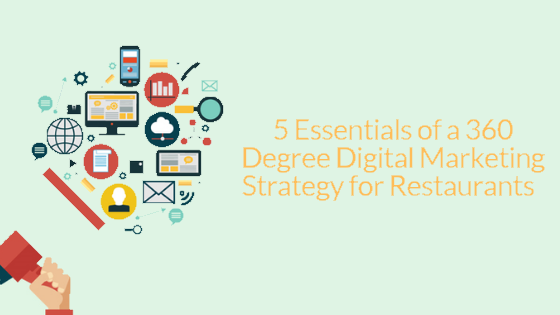Key Takeaways
Location plays a very crucial role in building a successful restaurant business. Best ambiance and best cuisine put together in a wrong location is a step taken in the opposite direction.
When it comes to location, “cheap” never works out. A good location comes at a price. You might want it in historical downtown, in a busy night-time district, or perhaps at the crossroads where it is easily noticed by passersby, whatever deems a good fit for your restaurant concept, will always, and always cost high.
Here’s a piece of advice: Rent or buy a property that fits your concept, and not what seems cheap. The saving is not worth it.
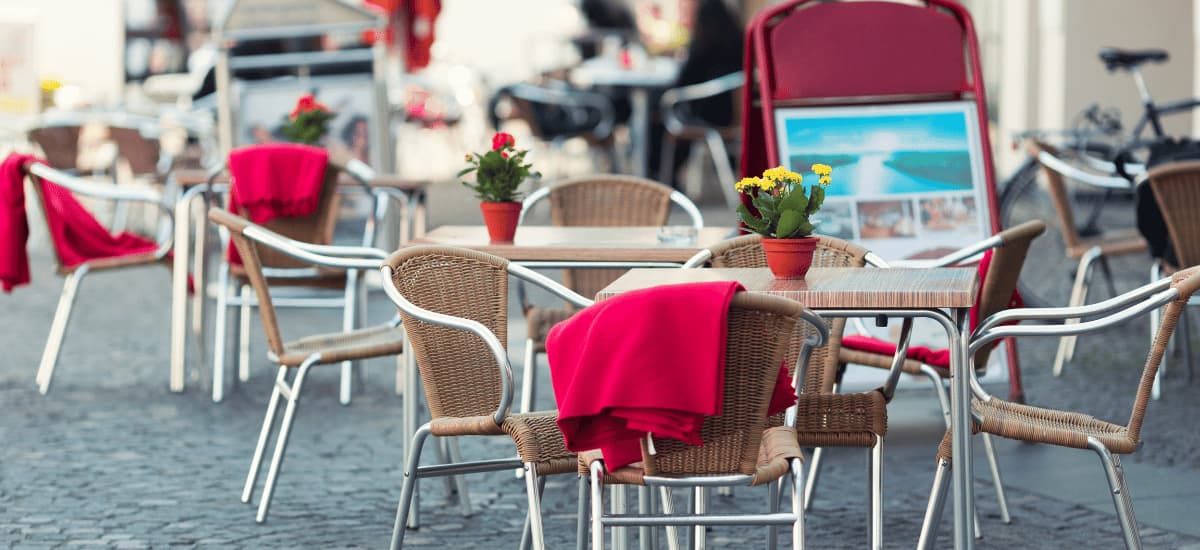
5 key considerations when choosing the right restaurant location
What would you be serving your guests?
Determine the kind of food you’d be serving to your customers. What would be the theme? Are you planning to cater to the working population around the locality, or you want to attract diners looking for a sophisticated dining experience? Once that’s settled, your task is to scout for the location that surrounds your target audience.
For instance: if you are opening a bakery cafe, you might want to find a place adjoining a university or school. A lot of youngsters prefer to hang out with their friends at bakery-cafes, sometimes all day long. With universities and schools around, you can expect a heavy footfall, especially on weekdays.
It’s a healthy mix of demographics and psychographics
Demographics like the average age, income groups, gender, family sizes certainly matter. Demographics of the location is one of the first things you should look into as a rule of thumb. But you shouldn't stop at that.
Going beyond demographics and considering the psychographics of the location is equally important. Psychographics refers to the average thinking patterns of the people living in your desired locations. It involves finding answers to questions like:
- What are their buying and spending patterns?
- How important is the ambiance of your restaurant to this crowd?
- Are they influenced more by the taste of the food or the overall experience your restaurant is bringing in?
- How likely are they to dine out and how frequently?
The answers to these questions cannot be found in a census report which only talks from a statistical point of view. Considering how your customers think is important in determining the perfect location for your restaurant. Want to read more about how the brain works in decision making? Read here...
Neighborhood matters, more than you think!
The neighborhood is defined by the other businesses that are present in the location, the average footfalls and the demographic mix. Don't just skim through but ensure that you deeply understand the neighborhood which surrounds your potential restaurant locations. Two major things to consider would be -
- Is there a growing community, say younger families and college students?
- What is the nature of other businesses present in the locality such as a shopping mall, a sports venue or a theatre which draws people into the neighborhood?
Some other questions to consider would be:
- Does the neighborhood have good walkability?
- How convenient is this location for people to drive into? The travel convenience determines a restaurant's customer footfalls to a great extent. (People generally hate crossing a huge traffic junction before reaching a restaurant)
- Is it a corporate hub?
Parking and accessibility should be the priority
Would you drive for an hour on a weekday to hang out with your friends at a specific restaurant? May once ot twice a year, but not too often. Right? If your potential customers cannot reach your restaurant within 20 to 25 minutes tops, they're less likely to visit your restaurant. A good restaurant location is one that is within a 20 minute drive time radius from the location of your target market. Besides, having an adequate parking space is quintessential.
Parking can be a major problem, especially in urban areas and if your customers find great difficulty in parking, your restaurant is less likely to become their favorite.
Construction and layout of your restaurant is important too
When you don't build your restaurant up-scratch (which is in most cases), and rent/lease/buy the space in an existing building, the construction and layout matters a great deal. Finding a place that is attractive while also being super functional and effective is very important.
The real estate of your restaurant must be in such a way that it facilitates easy commute for waiters and the customers with enough room to walk around while also not having idle spaces - that serve no purpose. As it goes - Each square foot of space must be put to use while ensuring that it's not all cramped up either.
Indeed, it’s all about making the right choice!
Each restaurant business is different and must be looked from a distinctive point of view. You can never make absolute thumb rules here. Buying or leasing your restaurant space is often a big debate amongst entrepreneurs.
Generally, if it's your first time in the restaurant business, a bit of good advice would be to lease your space. Not signing up for a 10-year lease but starting small with a 2 to 3 years lease - so you have enough time to experiment and explore instead of locking in on longer periods. It's a prudent approach and once you've established a successful restaurant, you can always extend your lease for a longer period.
Don't have a budget for a fancy place? Don't give up on your dreams just yet!
The concept of cloud kitchen coupled with an efficient online ordering system can help you kickstart your dream project at one-tenth of the cost of a traditional setup. Get in touch today, to know more!
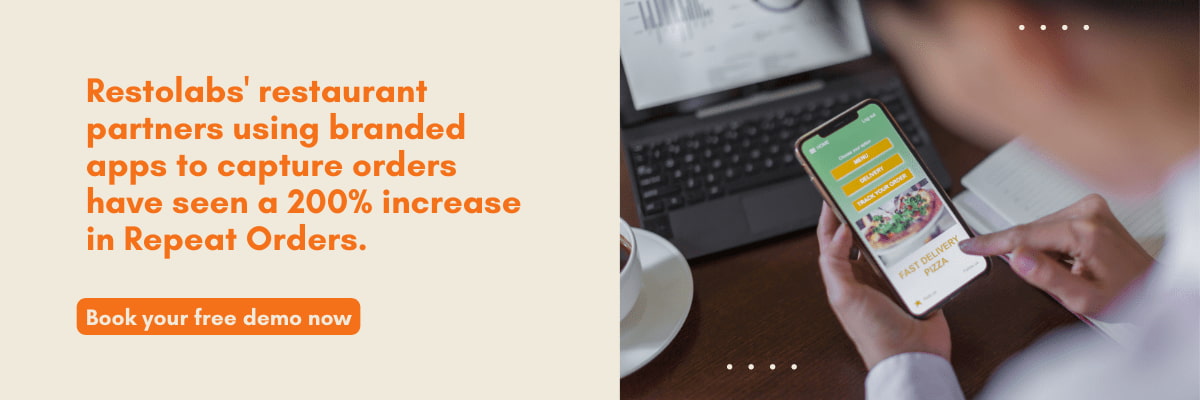
Frequently Asked Questions
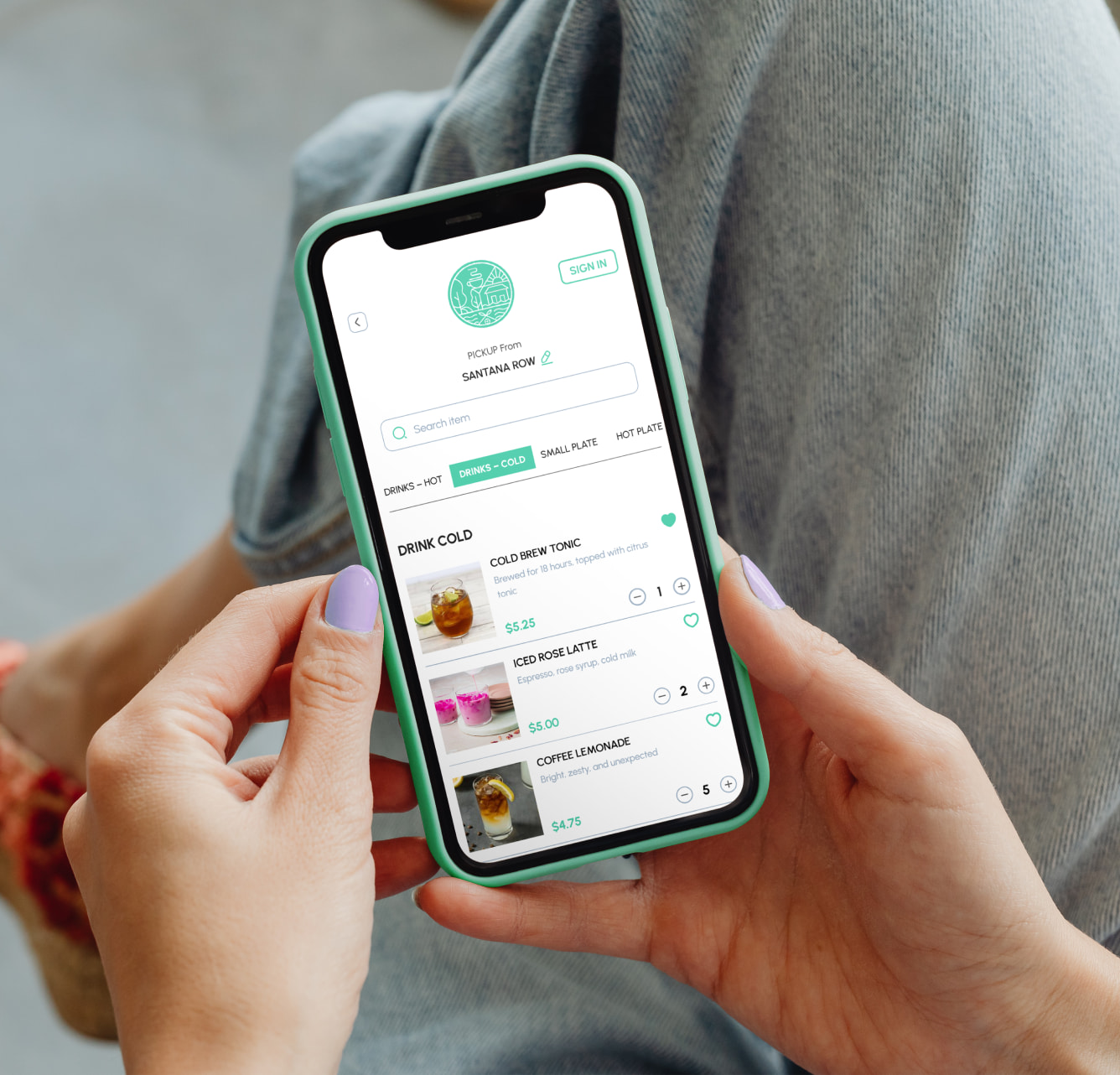

.gif)
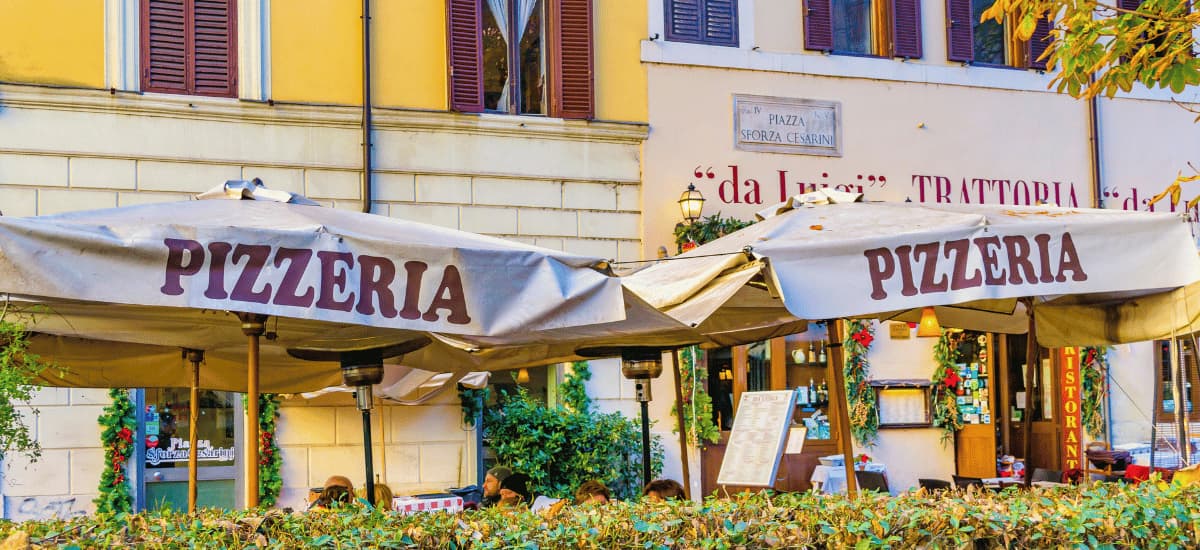
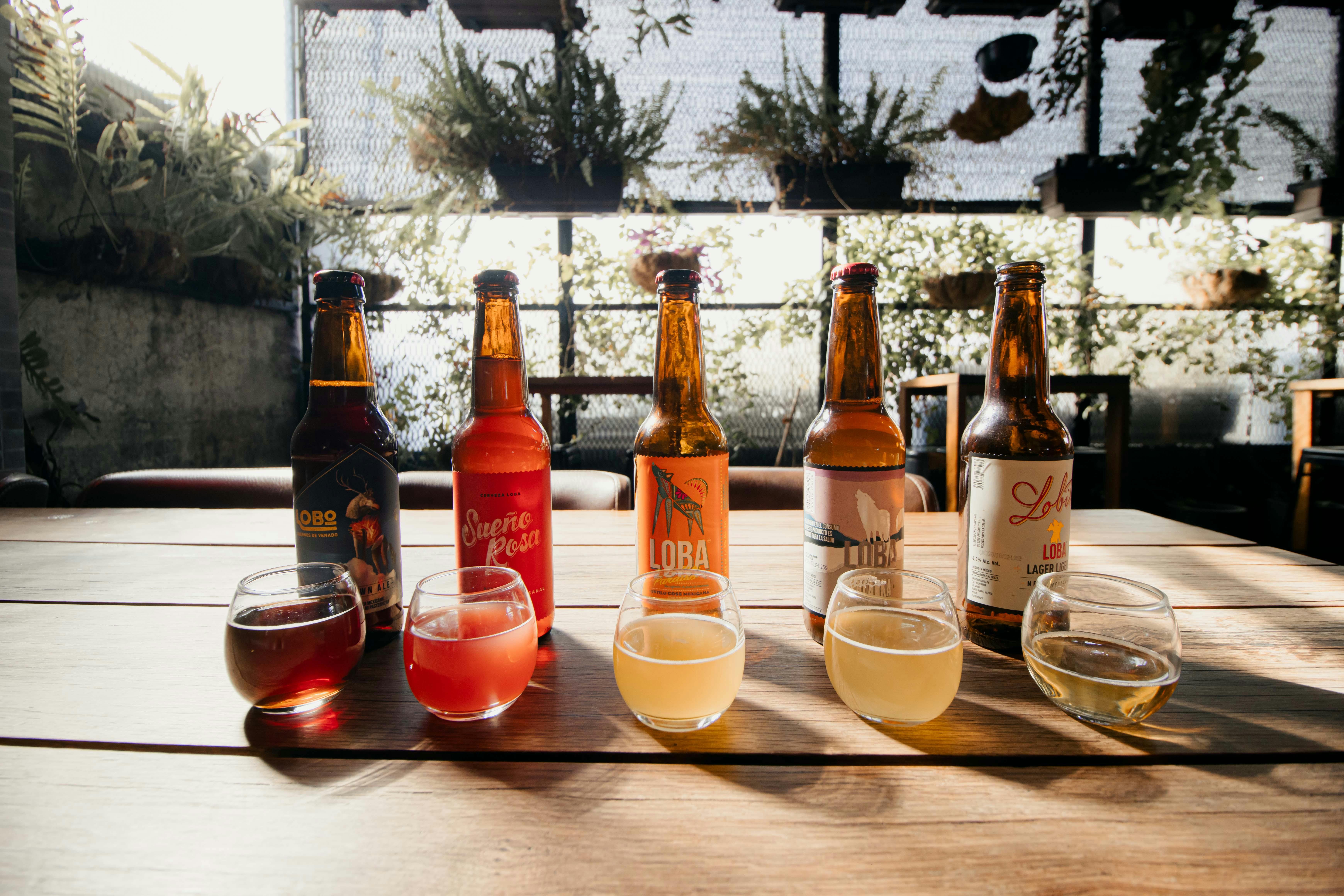
.png)
.png)
.png)
